Are you ready to explore the fascinating world of AI and its potential impact on farming?
As technology continues to evolve, there’s been a lot of buzz about whether AI will replace farmers.
In this article, we’ll delve into the ways in which AI is transforming the agriculture industry, from streamlining processes to enabling precision farming.
But amidst all the excitement, we’ll also discuss the role of human touch and why freedom in farming should never be compromised.
Let’s dive in!
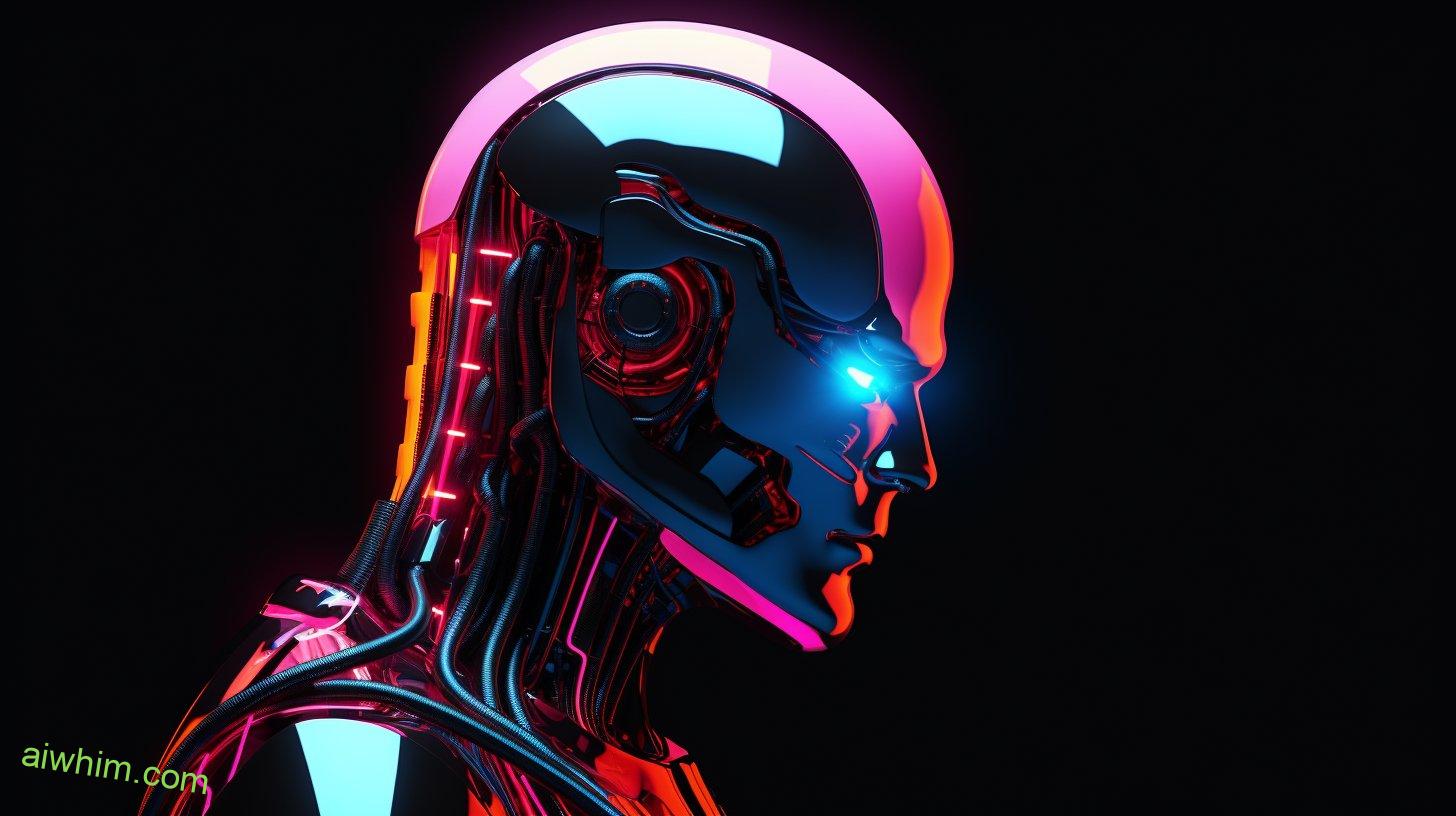
The Impact of AI on Agriculture
AI will greatly impact agriculture, allowing you to automate tasks and increase efficiency on your farm. The impact of automation in agriculture is undeniable. With AI technology, you can now streamline various processes, from planting and harvesting to monitoring crop health and predicting yields. This level of automation not only saves you time but also reduces labor costs significantly.
Imagine the freedom you will have when AI takes over repetitive and mundane tasks on your farm. You will be able to focus on more critical aspects such as strategic decision-making, exploring innovative farming techniques, or even spending quality time with your loved ones. Automation provided by AI will give you the flexibility to manage your farm according to your own schedule and preferences.
However, it’s essential to address the ethical concerns associated with the increasing use of AI in agriculture. As we rely more on technology for farming practices, there is a risk of losing touch with nature and traditional farming methods. Some argue that relying heavily on AI may lead to a disconnection between farmers and their land, impacting our connection with food production.
Furthermore, there are concerns about data privacy and ownership when using AI technologies in agriculture. As these systems collect vast amounts of data about crops, soil conditions, weather patterns, etc., it raises questions about who owns this valuable information and how it should be protected.
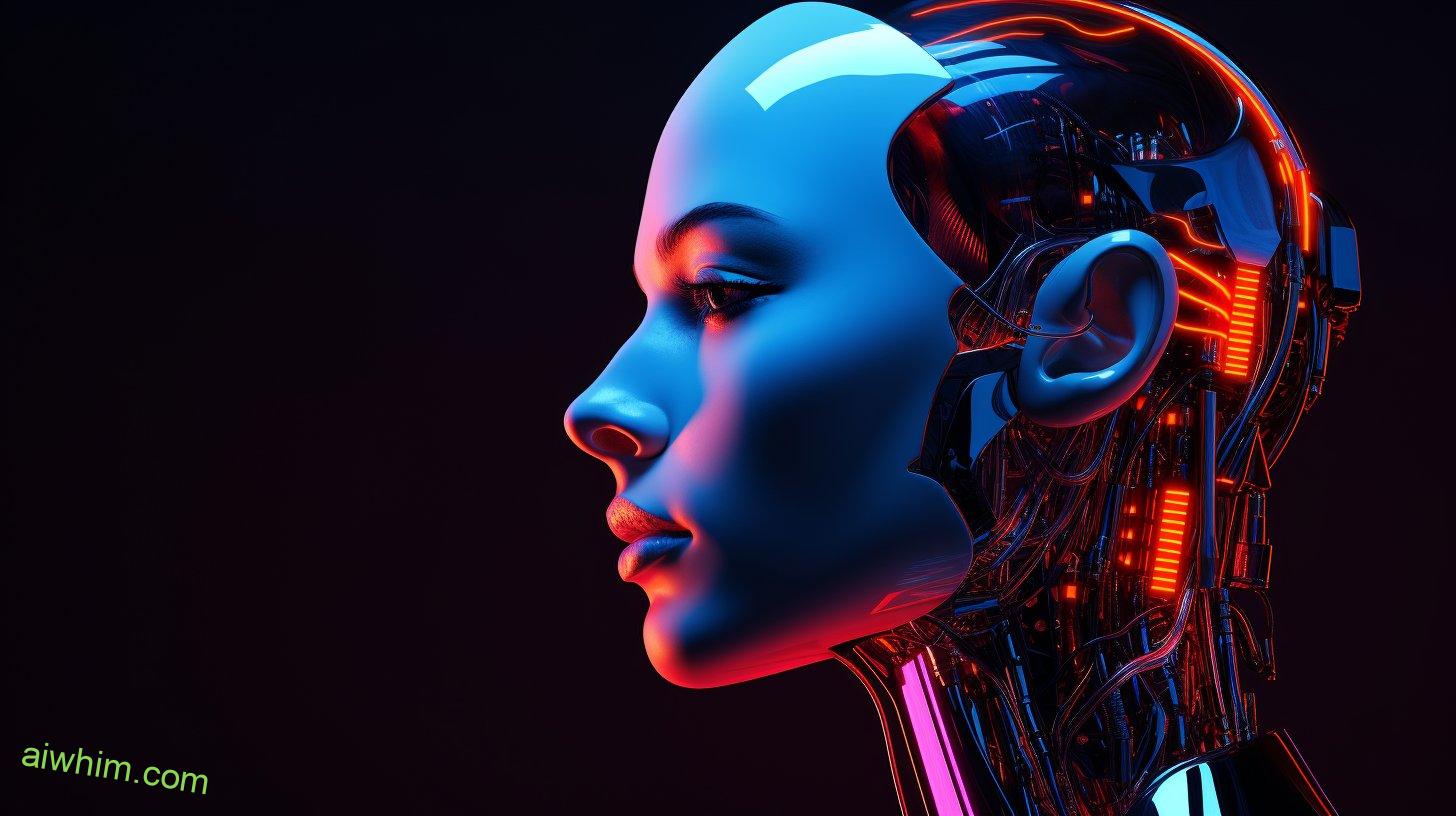
The Role of AI in Farming
In today’s modern agriculture, technology is transforming the way farming is done. The role of automation in farming has become increasingly important, with AI playing a significant part in livestock management. With the help of AI, farmers are able to monitor and manage their livestock more efficiently and effectively.
AI in livestock management allows farmers to collect and analyze data on various aspects of their animals’ health and well-being. This includes monitoring their feeding patterns, detecting any signs of illness or distress, and even predicting when a cow might be ready for breeding. By utilizing AI technology, farmers can make informed decisions about the care and treatment of their animals.
Automation also plays a crucial role in farming operations. Machines equipped with AI capabilities can handle tasks such as planting seeds, applying fertilizers, and harvesting crops. This not only saves time but also increases productivity on the farm.
Furthermore, automation helps reduce labor costs by minimizing the need for manual labor. Farmers have more freedom to focus on higher-level tasks that require human expertise and decision-making skills.
While some may argue that AI could potentially replace human farmers altogether, it is important to remember that technology should be seen as a tool rather than a substitute for human intelligence. Farmers still play an essential role in managing their farms and making critical decisions based on their knowledge and experience.
Ultimately, the integration of AI into farming practices empowers farmers with valuable insights and efficiencies that enhance productivity while allowing them to maintain control over their operations. It is through this partnership between humans and technology that we can achieve sustainable agricultural practices for future generations.
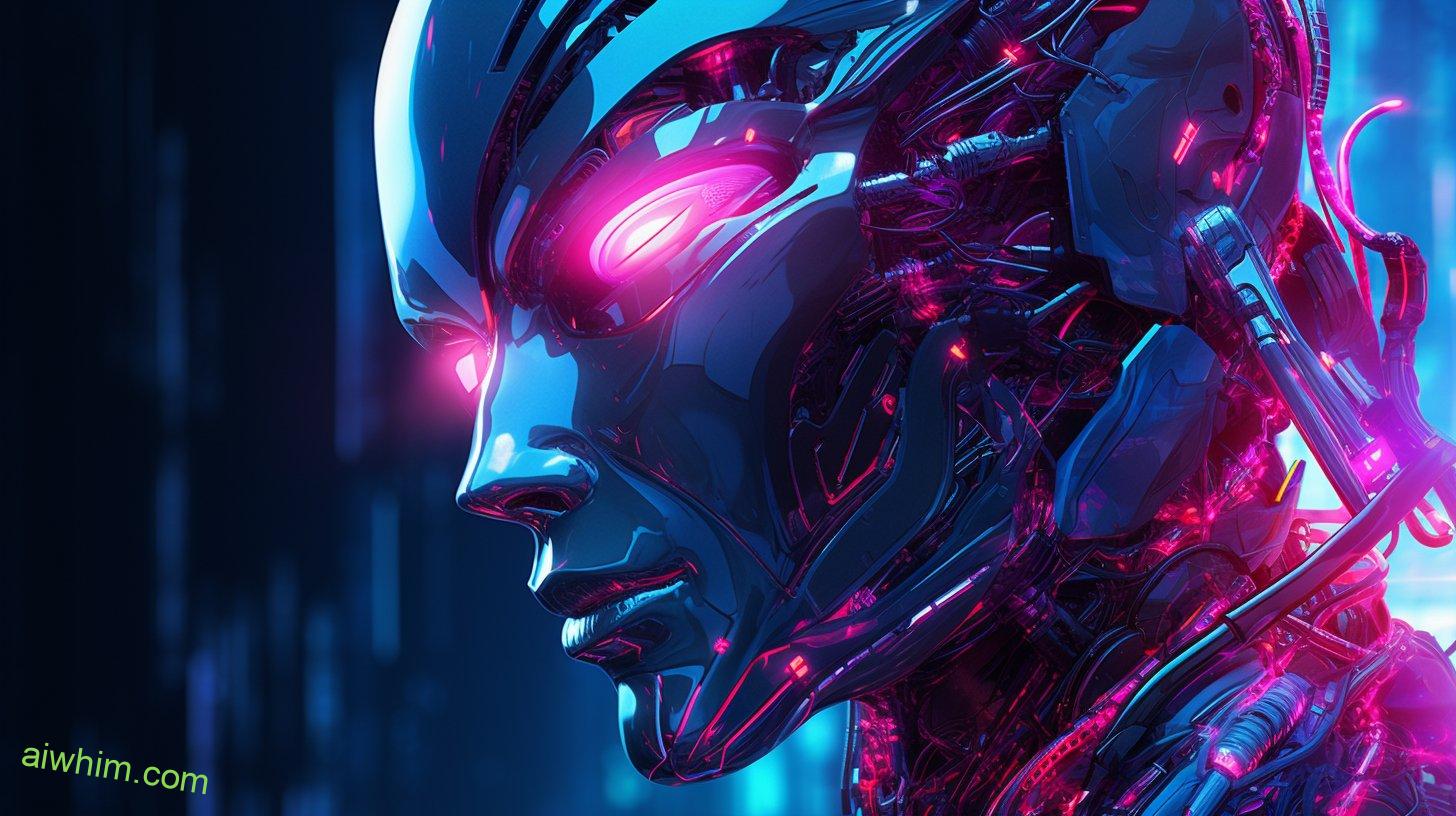
AI Technologies Transforming the Agriculture Industry
To stay competitive in the agriculture industry, you should embrace the transformative power of AI technologies. These advanced tools are revolutionizing the way we approach livestock farming and soil health management. With AI technologies, you have the freedom to enhance your productivity and make informed decisions.
In livestock farming, AI technologies offer a range of benefits. For instance, through machine learning algorithms, these tools can analyze large amounts of data to identify patterns and predict animal behavior. This information allows you to optimize feeding schedules, detect diseases early on, and improve overall herd management. By leveraging AI technologies in livestock farming, you can ensure healthier animals and higher yields.
Furthermore, AI plays a crucial role in soil health management. Soil is essential for successful crop production, and maintaining its quality is paramount. AI technologies enable you to monitor soil conditions by collecting real-time data from sensors placed throughout your fields. Through analysis of this data, these tools can provide insights into nutrient levels, moisture content, and other vital parameters. With this information at hand, you can make precise decisions regarding fertilization strategies or irrigation schedules – ensuring optimal soil health and maximizing crop yield.
The integration of AI technologies in agriculture has opened up new possibilities for farmers like yourself. By harnessing the power of artificial intelligence in livestock farming and soil health management, you have the freedom to achieve greater efficiency and sustainability on your farm. Embrace these transformative tools today to stay ahead in an ever-evolving industry that demands constant innovation.
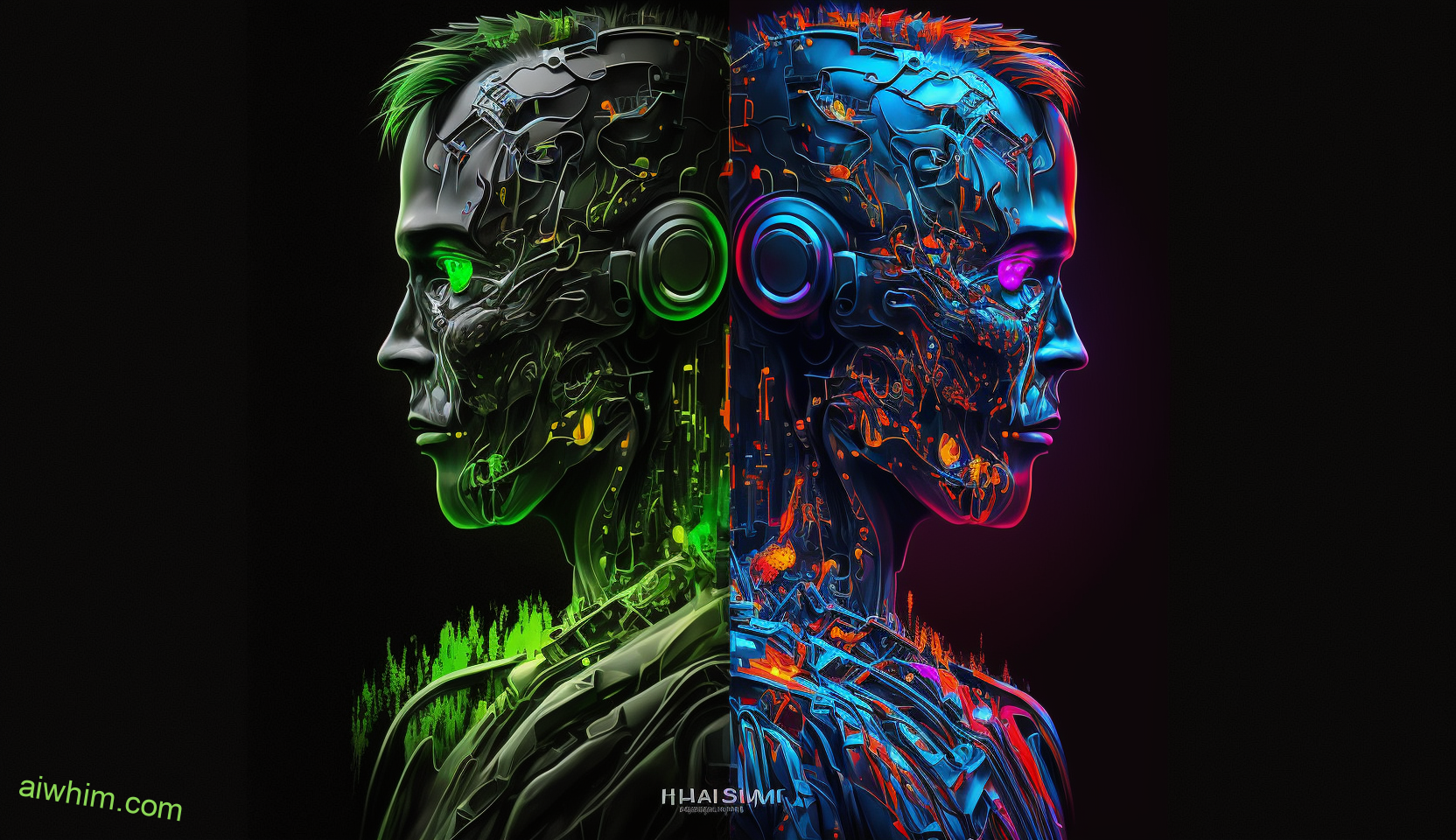
AI’s Potential to Streamline Farming Processes
By embracing AI technologies in your farming operations, you can streamline processes and increase efficiency on your farm. AI has the potential to revolutionize the way we cultivate crops and raise livestock. With its ability to analyze vast amounts of data and make informed decisions, AI can help optimize irrigation systems, monitor soil conditions, and automate tasks such as planting and harvesting.
The impact of AI on rural communities is significant. By leveraging AI technologies, farmers can reduce labor-intensive activities and free up time for other essential tasks. This not only increases productivity but also improves the quality of life for farmers who often work long hours in physically demanding conditions. Additionally, AI can help address labor shortages by filling in roles that would otherwise be challenging to staff.
Furthermore, AI plays a crucial role in ensuring food security. With a growing global population, it is vital to maximize agricultural output while minimizing waste. Through predictive analytics and machine learning algorithms, AI can accurately forecast crop yields and identify areas where intervention is needed to prevent losses due to pests or diseases.
AI’s potential extends beyond individual farms; it has the power to transform entire communities by creating new job opportunities in technology-related fields such as data analysis and programming. By embracing these advancements, rural communities can become hubs of innovation, attracting young talent and stimulating economic growth.

AI and Precision Farming: A Perfect Match
Maximize your farming potential by embracing the perfect match of AI and precision farming. With the advancements in technology, artificial intelligence (AI) is revolutionizing the way we approach agriculture. By combining AI with precision farming techniques, you can optimize your crop yields while minimizing inputs and costs.
One of the key benefits of AI in precision farming is its ability to collect and process vast amounts of data. AI algorithms can analyze data from sensors, satellites, weather stations, and even drones to provide real-time insights about soil conditions, moisture levels, pest infestations, and nutrient deficiencies. This information empowers you to make informed decisions regarding irrigation schedules, fertilizer applications, and pest control measures.
However, as this technology evolves, there are ethical concerns that need to be addressed. The use of AI in agriculture raises questions about data privacy and ownership. It is crucial to ensure that the data collected from farms remains confidential and secure from unauthorized access.
Looking ahead, the future of AI in agricultural education and research holds immense potential. By incorporating AI into educational programs for farmers and researchers alike, we can enhance their knowledge base and equip them with advanced tools for analysis and decision-making. This will enable them to stay at the forefront of innovation in agriculture.

AI in Crop Management and Yield Optimization
The integration of AI in crop management and yield optimization provides you with real-time insights and data analysis to make informed decisions. With the help of AI-driven technologies, you can now take your farming practices to a whole new level. Here are four ways AI is revolutionizing crop management and yield optimization:
- Crop Monitoring: AI-powered sensors and drones enable you to monitor your crops more efficiently than ever before. These technologies can analyze various factors such as soil moisture, temperature, and nutrient levels, providing you with accurate information on the health of your crops.
- Precision Irrigation: AI algorithms can analyze data from sensors to determine the optimal amount of water required for each plant or field. This precise irrigation approach not only saves water but also ensures that your crops receive the right amount of moisture at the right time, leading to increased yields.
- Pest Detection: AI-based image recognition systems can identify pests and diseases in crops by analyzing images captured by drones or cameras. Early detection allows you to take immediate action, preventing further damage and reducing the need for harmful pesticides.
- Yield Optimization: By combining data from various sources like weather patterns, soil conditions, and historical yield data, AI algorithms can predict optimal planting times and provide recommendations for seed selection and fertilization. This helps maximize your yields while minimizing costs.
With AI-driven decision-making tools at your disposal, you have the freedom to make smarter choices that lead to better crop management and higher yields. Embracing this technology empowers you as a farmer, giving you access to real-time insights that improve productivity while minimizing environmental impact.

AI Robots: A New Generation of Farm Workers
Get ready to embrace a new generation of farm workers – AI robots that can revolutionize your farming operations. These AI robots are not just limited to crop management and yield optimization; they are also making their way into livestock farming, providing you with even more freedom and efficiency.
With the power of artificial intelligence, these robots can handle tasks such as herding, feeding, milking, and even monitoring the health of your livestock.
Imagine having AI robots working alongside you, taking care of the daily chores on your farm. They can navigate through rough terrains with ease and precision, ensuring that your animals are well taken care of. No longer will you have to spend hours herding cattle or manually feeding them. The AI robots will do it all for you while you focus on other aspects of your operation or simply enjoy some well-deserved downtime.
But it doesn’t stop there. These intelligent machines also excel in soil analysis. By collecting data from sensors placed throughout your fields, they can analyze soil composition, moisture levels, and nutrient deficiencies. Armed with this information, they can provide recommendations for optimal fertilization and irrigation strategies to maximize crop yields.
With AI robots by your side in both livestock farming and soil analysis, you have the freedom to explore new possibilities for growth and productivity on your farm. Embracing this technology means reducing labor costs while increasing efficiency and accuracy in various farming tasks.
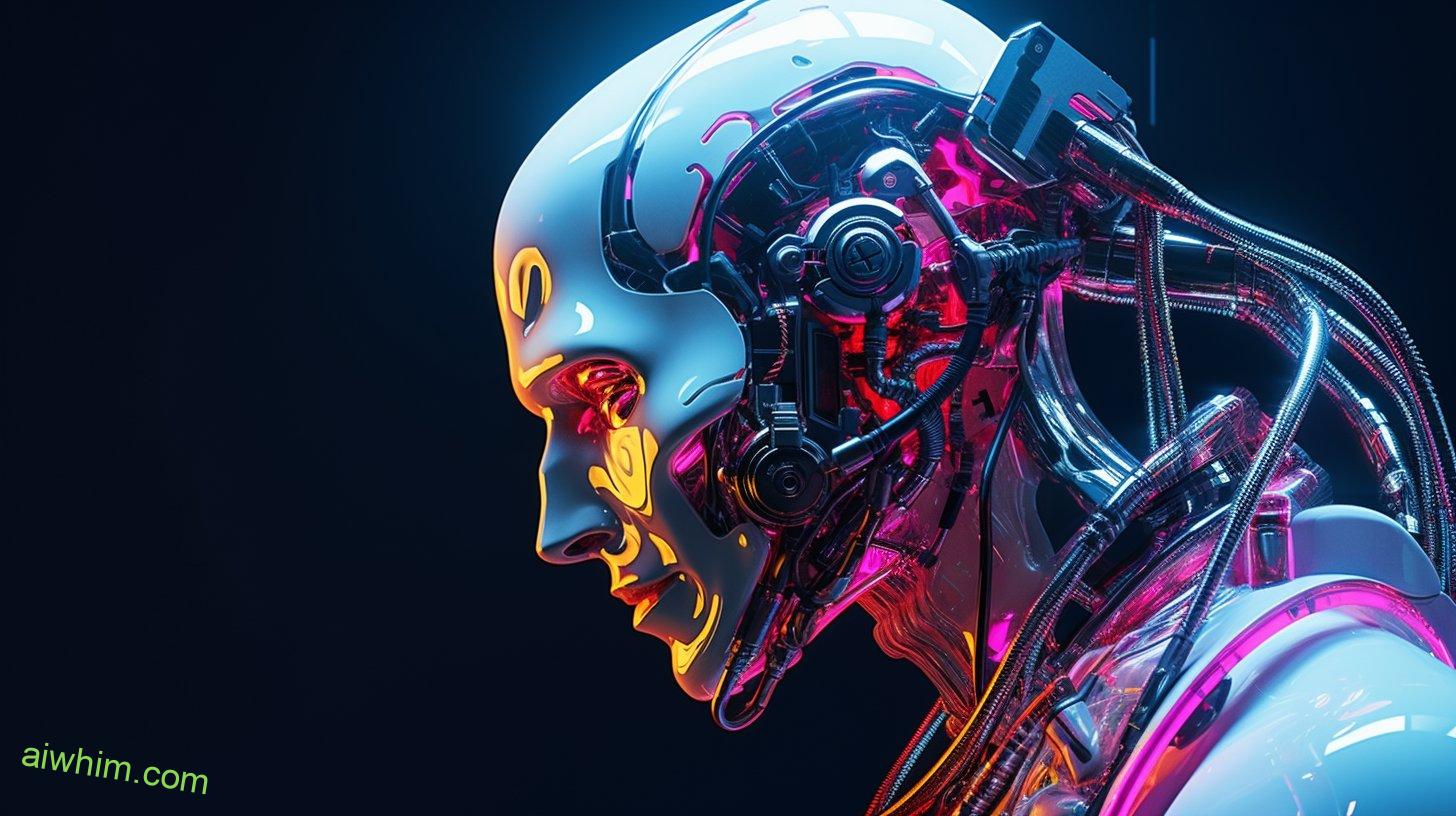
AI-Powered Drones and Their Application in Agriculture
Imagine having AI-powered drones working alongside you on your farm, revolutionizing the way you monitor and manage your crops. With these advanced technologies, you can experience a newfound freedom in farming. Here’s how AI-powered drones can transform your agricultural practices:
- Efficient Irrigation Systems: AI-powered drones equipped with sensors can analyze soil moisture levels and provide real-time data to optimize irrigation. This means no more guesswork or wasted water, saving you time and money while ensuring your crops receive the right amount of hydration.
- Precision Crop Monitoring: Drones armed with high-resolution cameras and machine learning algorithms can detect crop health issues before they become significant problems. By identifying early signs of diseases or nutrient deficiencies, you can take prompt action to prevent yield loss.
- AI-Driven Pest Control: These drones are not only capable of monitoring crops but also detecting pest infestations through their imaging technology. By identifying specific insects or signs of damage, you can target affected areas precisely, reducing pesticide use and minimizing harm to beneficial species.
- Time-Saving Insights: With the help of AI algorithms analyzing data collected by drones, you’ll gain valuable insights into crop growth patterns, weather conditions, and other factors that influence farming outcomes. This information empowers you to make informed decisions quickly without spending hours manually collecting and analyzing data.

The Benefits and Challenges of AI in Farming
Maximizing the benefits of AI in farming requires understanding and navigating the challenges that come with integrating these advanced technologies into agricultural practices. Artificial Intelligence (AI) has the potential to revolutionize agriculture, offering numerous benefits while also presenting ethical implications.
One of the major benefits of AI in farming is increased efficiency. AI-powered systems can analyze vast amounts of data, enabling farmers to make more informed decisions about crop planting, irrigation, and pest management. This leads to optimized resource allocation and higher yields. Additionally, AI can automate repetitive tasks such as monitoring plant health or livestock conditions, freeing up valuable time for farmers.
However, integrating AI into farming also brings its own set of challenges. Firstly, there is a need for extensive data collection infrastructure and connectivity in rural areas where farms are often located. Without reliable internet access and sensor networks, it becomes difficult for farmers to harness the full potential of AI technology.
Moreover, there are ethical implications that arise with the use of AI in agriculture. For example, concerns around data privacy and ownership may arise when sharing farm-specific information with AI systems hosted by third-party companies. Farmers need to carefully consider who has access to their data and ensure proper security measures are put in place.
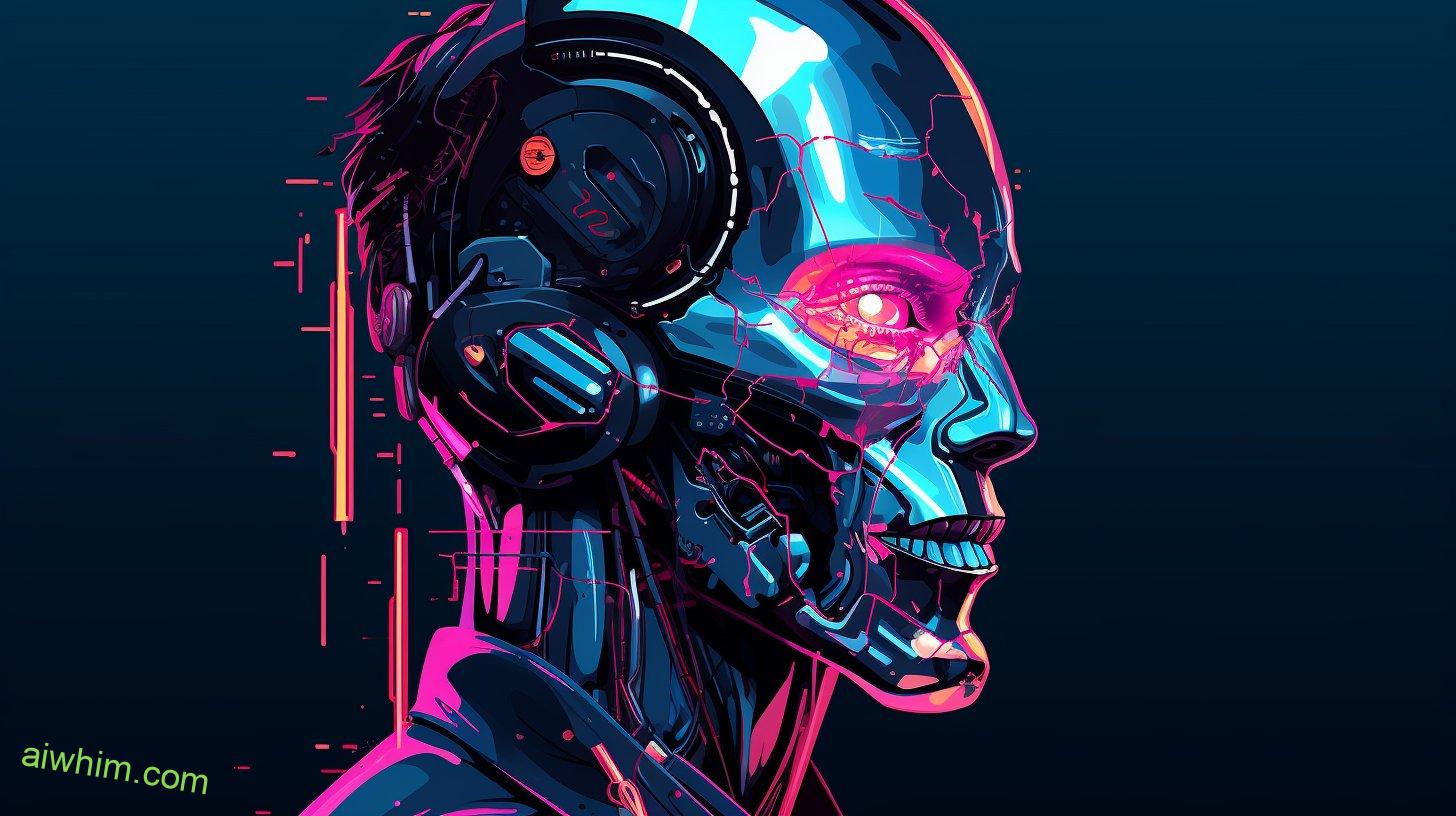
AI and Sustainable Agriculture: A Promising Future
In our previous discussion, we explored the benefits and challenges of AI in farming. Now, let’s delve into the exciting realm of sustainable agriculture and how AI advancements are revolutionizing livestock farming.
- Improved Animal Welfare: With AI, farmers can monitor their livestock more effectively. Smart sensors can track vital signs, behavior patterns, and even detect diseases in real-time. This allows farmers to provide personalized care for each animal, ensuring their well-being and reducing stress levels.
- Optimized Resource Management: Sustainable agriculture practices aim to minimize waste and maximize resource efficiency. AI-powered systems analyze data from soil sensors, weather forecasts, and crop growth patterns to optimize irrigation schedules, fertilizer usage, and pest control methods. By using precise amounts of resources when needed, farmers can reduce environmental impact while increasing yields.
- Precision Feeding: AI algorithms enable farmers to create customized diets for their animals based on nutritional needs and individual characteristics. This not only promotes healthier livestock but also minimizes feed waste by preventing overfeeding or underfeeding.
- Disease Prevention: Early detection is crucial in preventing disease outbreaks within livestock populations. AI technology can analyze vast amounts of data from various sources such as satellite imagery or genetic databases to identify potential disease hotspots or genetic vulnerabilities. By implementing proactive measures like vaccination programs or breeding resistant animals, farmers can mitigate the risk of widespread infections.
The combination of sustainable agriculture practices with AI advancements in livestock farming holds great promise for a future where food production is both environmentally friendly and economically viable. Embracing these technologies empowers farmers with the tools they need to cultivate healthy crops and raise thriving animals while preserving our planet’s precious resources – a truly liberating vision for those who value freedom in all aspects of life!

The Human Element in Farming: Can AI Replace Farmers?
While AI advancements in farming bring numerous benefits, it is important to consider the role of humans and whether they can be replaced. In today’s rapidly changing world, the impact of AI on rural communities and small-scale farming cannot be ignored.
AI has the potential to revolutionize agriculture by increasing efficiency, reducing costs, and improving productivity. However, it is crucial to recognize that humans play a vital role in farming and their expertise cannot be easily replicated by machines.
Small-scale farming has always been deeply rooted in communities, fostering traditions and preserving local cultures. The introduction of AI technology may raise concerns about the displacement of farmers and loss of livelihoods. This raises an important question: Can AI truly replace the human touch in farming?
While machines can perform tasks with precision and speed, they lack the creativity, intuition, and adaptability that humans possess. Farming requires more than just technical skills; it demands a deep understanding of nature, weather patterns, soil conditions, and other variables that affect crop growth. Farmers have honed this knowledge through generations of experience passed down from their ancestors. This wisdom cannot be replicated or replaced by algorithms alone.
Furthermore, farmers are not just producers; they are caretakers of the land. They have a profound connection to their environment and understand its delicate balance better than anyone else. Their ability to make decisions based on intuition and personal judgment is invaluable when unexpected challenges arise.

Frequently Asked Questions
What Are the Potential Ethical Implications of Using AI in Agriculture?
Using AI in agriculture raises ethical implications and has a significant social impact. It’s important to consider the consequences for farmers and society as a whole, ensuring freedom, fairness, and responsible use of technology.
How Does AI Technology Affect the Quality and Safety of Agricultural Products?
AI technology has a positive impact on crop yields by optimizing farming techniques. It also plays a role in reducing pesticide use through targeted applications. This improves the quality and safety of agricultural products for consumers like you.
Can AI Replace the Knowledge and Experience of Generational Farmers?
AI has its limitations and cannot replace the knowledge and experience of generational farmers. However, it can have a significant impact on traditional farming techniques by enhancing productivity and efficiency.
What Are the Potential Consequences of Relying Heavily on AI in Farming for Rural Communities and Economies?
Imagine the economic impact and job displacement caused by relying heavily on AI in farming. Rural communities and economies could suffer, as traditional agricultural practices are replaced by automation.

Conclusion
In conclusion, AI is revolutionizing the agriculture industry and has the potential to streamline farming processes.
One interesting statistic to consider is that AI-powered drones can cover up to 400 acres of farmland in just one hour, compared to manual labor which would take days.
This visual representation highlights how AI technologies can significantly increase efficiency and productivity in farming.
While AI brings numerous benefits, it’s important to remember that the human element will always be crucial in making agricultural decisions and ensuring sustainable farming practices.








I was recommended this blog through my cousin. I am not positive
whether this post is written via him as nobody else know such special about my difficulty.
You’re wonderful! Thank you!
You’re welcome. Thanks for reading!